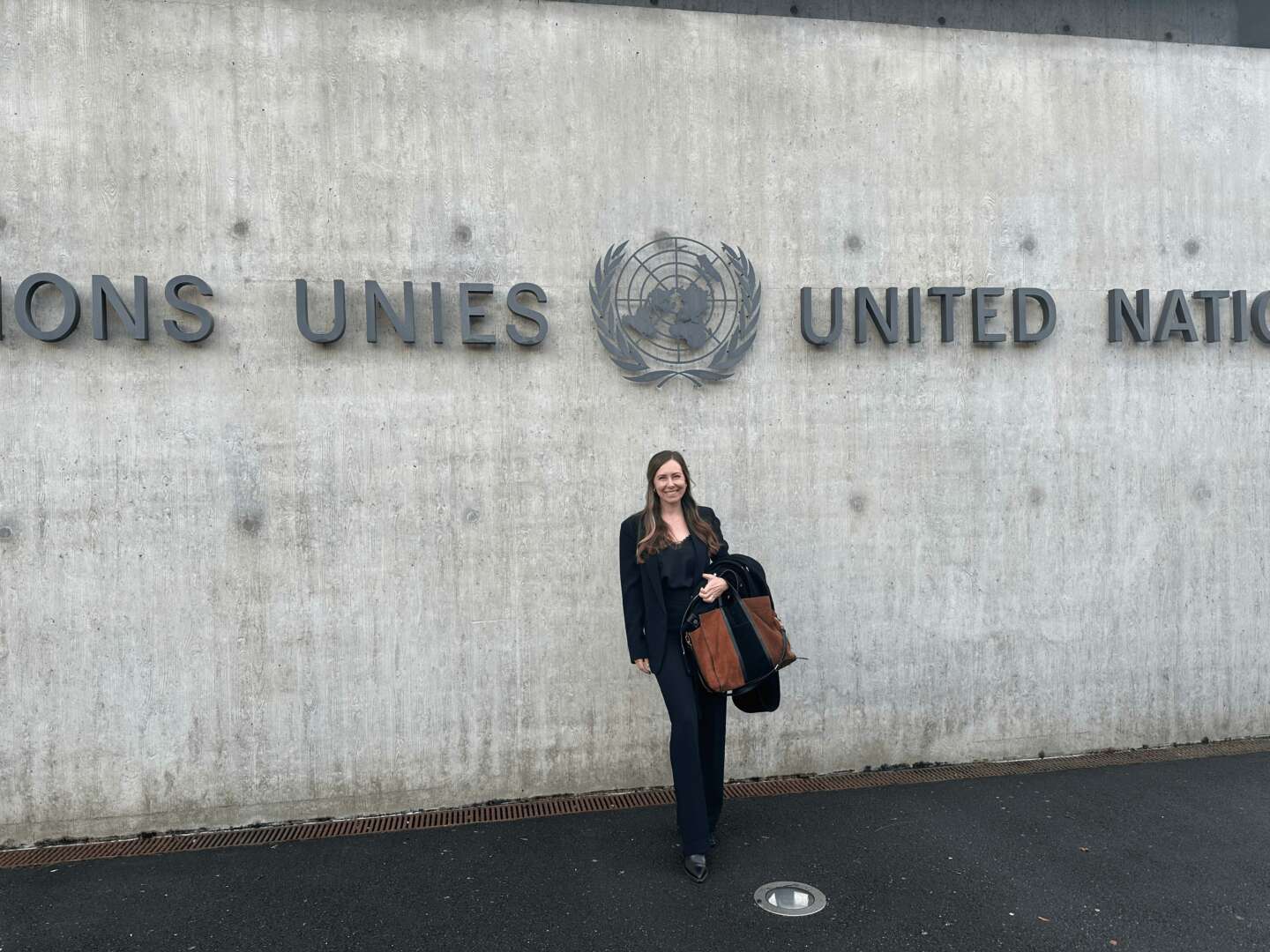We’re excited to introduce you to the always interesting and insightful Kelsey Morgan. We hope you’ll enjoy our conversation with Kelsey below.
Hi Kelsey, thanks for joining us today. Let’s start with the story of your mission. What should we know?
There are 50 million people living in modern slavery. 1 in 4 are children. Less than 1% of them are ever identified, so even less receive the necessary care they need. Global efforts aren’t keeping up with the rise of modern slavery and exploitation. Without data about what really works, efforts are ineffective, inefficient, and disjointed. What’s more, our work is survivor-centered: we listen to how survivors define freedom and how they prioritize their needs, because—historically— even well-intentioned efforts in the sector take agency away from survivors. Working with survivors around the world, EverFree’s mission is to end exploitation with better data, better care, and stronger collaboration.


Kelsey, love having you share your insights with us. Before we ask you more questions, maybe you can take a moment to introduce yourself to our readers who might have missed our earlier conversations?
I learned about modern slavery in 2006 and it changed my life. I’ve always loved kids and wanted a career helping children. When I learned about the horrible abuses happening to children, and that people were profiting off of their abuse, I made a commitment to doing something about it. Over fifteen years ago, I got a job working for an organization that was just starting to provide care to child survivors of sex trafficking in East Africa. But at the time, there wasn’t really a standard of care or data for best practices. I helped lead our team into creating a model absent from the sector. With this obsession to identify the most effective solutions, I founded an international nonprofit. And to strengthen our efforts and reach more communities with solutions that work, I co-created an innovative tech tool with Dr. Angela Robinson from UCI Blum Center.
Our organization, EverFree, has connected thousands of survivors with the individualized, survivor-led care they need. We’ve equipped communities and organizations so that they can scale the most effective solutions for survivors. And we are committed to strengthen global efforts with data-driven solutions to stop exploitation and ensure freedom for all.


Do you have any insights you can share related to maintaining high team morale?
The most meaningful compliments I receive are around how amazing our team is – and I hear this all the time. It’s true! Our team is truly exceptional. I’m grateful to work with a group of advocates who are so passionate and driven by the goal of attaining freedom for all. Hiring folks who are passionate about the mission and aligned on values is key. Every single member of our team deeply cares about the mission and the issue areas we work on. We all collaborate very closely as a team to ensure that our values and strategies are in sync throughout. At the end of the day, a good leader should be raising more leaders. My advice would be to always encourage and openly receive feedback, input, and ideas from the team, give opportunities to lead, and be okay that folks won’t always get it perfect. I love hearing people’s true opinions and work really hard to create an environment where everyone is comfortable to share.
In terms of maintaining a high morale, we also love to have fun as a team! We laugh a LOT, spend time getting to know each other on a personal level, and are willing to have tough conversations. I think having a hope-driven, ethical, and aspirational model strengthens our morale. As you can imagine, the global reports on trafficking can be very daunting. But at the same time, we can see how our solutions are working and how far we can go! The recent Trafficking in Persons Report from the US State Department cites an increase in convictions for traffickers, more training for responders, prosecutors, and judges, and improved prevention policies. Our team in Uganda is one of the leading organizations that has directly contributed to this progress. Seeing our work lead to systemic change drives us. It keeps us going, eager to reach more and more communities around the world.


Have any books or other resources had a big impact on you?
I’m a big fiction fan, but a few key non-fiction book suggestions: The Generosity Network, Dare to Lead (and all things Brene Brown), The Body Keeps the Score, Lean Impact. I love the “How I Built This” podcast and the TV show Chef’s Table. I find a great deal of inspiration in hearing people’s stories of overcoming the odds to find success. A new friend recently shared this article with me and it’s been incredibly valuable -https://ssir.org/articles/entry/big_enough_simple_enough_cheap_enough
Contact Info:
- Website: https://everfree.org/
- Instagram: https://www.instagram.com/everfreeorg/
- Facebook: https://www.facebook.com/everfreeorg/
- Linkedin: https://www.linkedin.com/company/everfreeorg/




